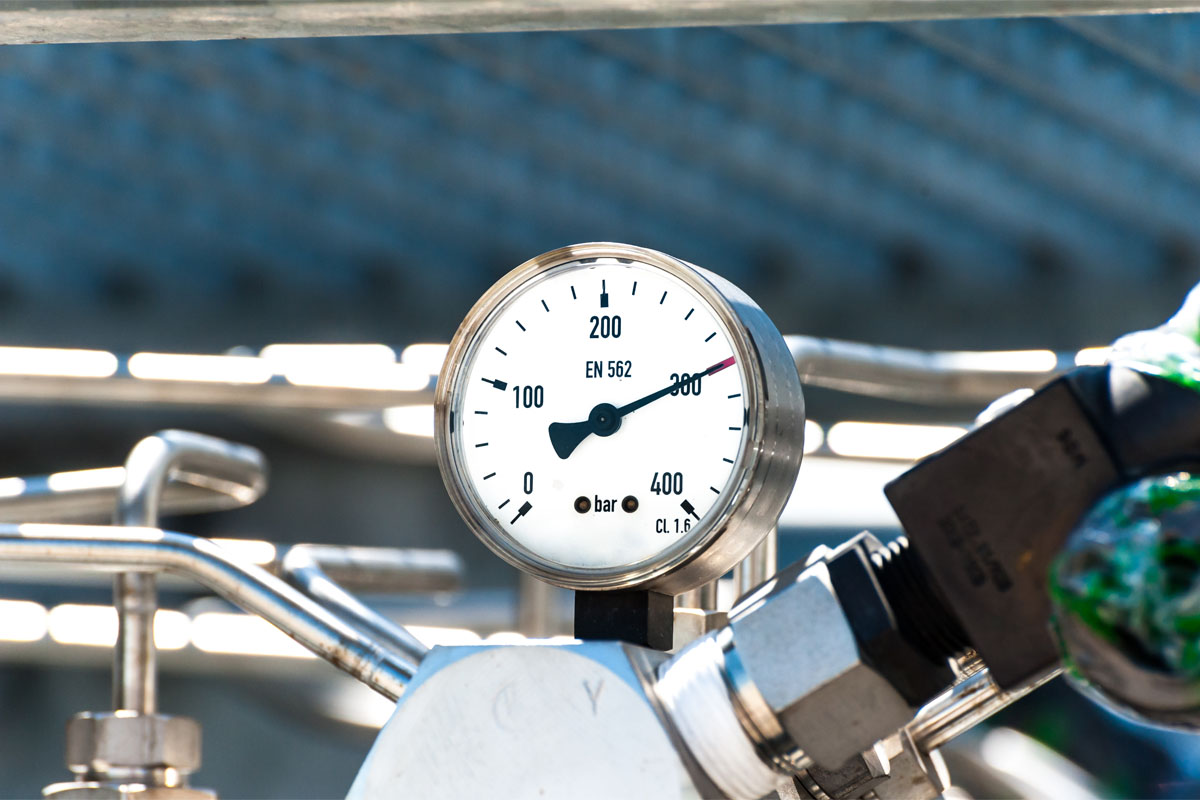Air compressors are indispensable and powerful devices that streamline a multitude of complex duties. These heavy-duty tools have demonstrated their worth in both industrial and commercial environments that it is essential for facilities to improve day-to-day operations. Air compressors are multifaceted and adaptable, too, coming with various kinds made for various uses. They make work settings safe, clean, and practical.
Like a lot of thoroughly used machinery, air compressors require routine maintenance to preserve efficiency and effectiveness. Nevertheless, heavy use makes them susceptible to wear and tear. You are going to eventually run into problems. Luckily, it doesn’t have to be expensive. The first step is to determine the issue you are dealing with and know how to repair them.
Air Compressor Problems
Keep an eye out for these air compressor problems and know the fixes you can carry out should they happen:
-
Compressor Failure
An air compressor that fails to start is one of the most primary problems you may come across when operating the compressor. It can happen from a simple mistake. When your air compressor fails to start, tur off, or provide air pressure when on, it might be due to one of the following issues:
- Compressor fails to start
Typically, this is a result of missing power connections, like a detached power cord or disabled power switch.
- Compressor fails to stop
The compressor should cease to operate once the tank pressure hits it’s cut-off point. If it doesn’t occur, it might either be because of a defective pressure release valve or a faulty power switch.
- Failure to provide sufficient pressure
If the compressor is operational but is not presenting any air pressure, there could be a problem with its air intake pump.
-
Bogged Down Issues
If your compressor only operates efficiently in short bursts and fast, usually prematurely, grinds to a halt, it could be a motor issue.
Compressors can also bog down when splitting the power supply with other devices. Air compressors require their own power supply that results in a breaker with fifteen to twenty amp.
Another perpetrator might be your unloader valve. For diagnosing the issue, open its tank and drain out its water then let the air out. Close it, then restart it. If the compressor is still bogging down, it’s time to replace the valve.
When the problem continues following you making the necessary changes, your compressor might not have the capacity to deal with the requirements of its present applications.
-
Air Leaks
If you turn off the air compressor after the tank is full and see that the gauge shows lower pressure, it has an air leak. Luckily, leaks can be effortlessly sealed. To pin down the leaks source, try to listen for a hissing-like sound or run your hand over the compressor to feel air getting let out.
If you can’t locate the leak by these means, lather-up the connections, including the power switch, and couplers with soap and water. Bubbling is going to show you where the leak is at. Tighten up the coupler where it bubbles up to seal it.
You can also examine the tank check valve. Typically, air leaks come about when the valve does not close completely. When the pressure gauge keeps dropping when the tank is off, inspect the condition of the valve and clean or replace it when required.
-
Pressure and Flow Problems
Pressure and flow problems are slighter. The compressor may continue to appear to be working correctly. Air compressors can either accumulate too much air or exactly zero. Similarly, the pressure can only get as far as a specific PSI and not much further. When you see these issues, parts like the intake valve, piston seal, pressure valve, tank check valve or gasket, may be jeopardized. Check these parts and replace them when worn down or defective.
-
Abnormal Noise and Vibrations
Loud noises or strange vibrations coming out of the air compressor can warn you to trouble. These indicate an internal breakdown. Whereas it does inevitably mean considerable repairs are required, small changes can prevent even worse problems.
-
Oil Issues
Problems with oil use can seriously damage your air compressor. Most typical oil issues include:
- Aerosolized Oil – Oil can pollute machine parts and damage them. Dispersed oil could cause seals to crack or expand and for plastic parts to turn brittle. Causes include hindrance in the air intake, inverted or expired piston rings, too much oil in the tank, and incorrect oil viscosity.
- Oil Expires Fast – When oil does not last long, it might be the result of causes including oil leaks, intake hindrance, worn piston rings, and incorrect oil viscosity.
-
Extremely Hot Emissions
When the air compressor discharges air that is too hot, it can damage surfaces or items that it could come in contact with. The inside mechanisms of the compressor could also be at risk.
Subject to the cause, you might need to replace parts or place your compressor somewhere else.
Willing Service Corporation Offers A Full Range Of Air Compressors For Sale Nationwide!
Willing Service is proud to sell air compressors nationwide. You can choose the brand, model, and size you need for your purposes and we will ship it straight to your shop or business. Shop industrial air compressors online and get it touch with us today by giving us a call at (602) 246-6940.







